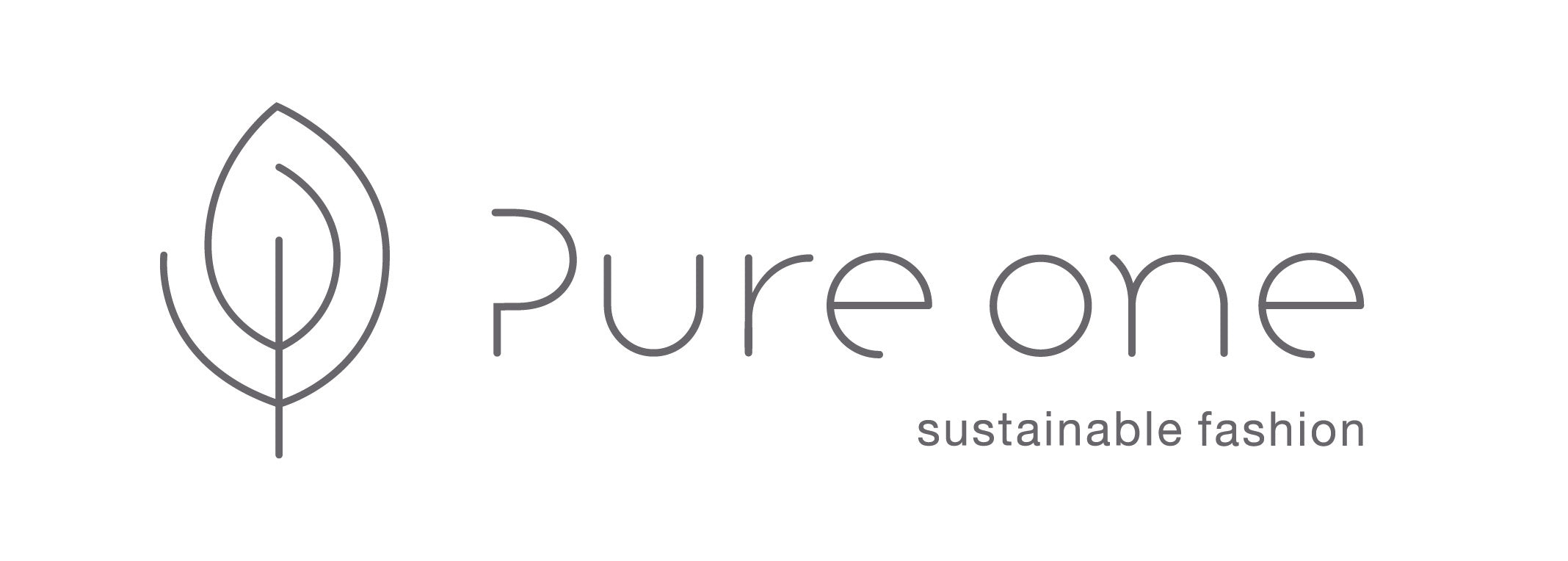We in PURE ONE choose the best fabrics for our clothes and are proud to work with certified producers and their supply chains.
This guarantees that our textile products have been produced in factories adhering to strict environmental and social standards. Certification organizations are responsible for ensuring that these standards are followed and respected. If a brand or producer has these certifications, it ensures that they are environmentally friendly and social responsible.
Global Organic Textile Standard (GOTS)

The Global Organic Textile Standard (GOTS) is the worldwide leading textile processing standard for organic fibres, including ecological and social criteria. It is backed up by independent certification of the entire textile supply chain.
The aim of the GOTS standard is to ensure organic status for textiles, from harvesting of the raw materials, through environmentally and socially responsible manufacturing up to labelling in order to provide a credible assurance to the end consumer.
At all stages through the processing organic fibre products must be separated from conventional fibre products and must to be clearly identified. All chemical inputs (e.g. dyes, auxiliaries and process chemicals) must be evaluated and meeting basic requirements on toxicity and biodegradability/ eliminability. Bleaches must be based on oxygen (no chlorine bleaching) and Azo dyes that release carcinogenic amine compounds are prohibited.
Wet processing units must keep full records of the use of chemicals, energy, water consumption and waste water treatment, including the disposal of sludge. The waste water from all wet processing units must be treated in a functional waste water treatment plant.
STANDARD 100 by OEKO-TEX®

STANDARD 100 by OEKO-TEX® is one of the world's best-known labels for textiles tested for harmful substances. It stands for customer confidence and high product safety.
If the textile is certified by OEKO-TEX®, you can be certain that every component of it has been tested for harmful substances and it is harmless in human ecological terms. The test is conducted by independent OEKO-TEX® partner institutes on the basis of our extensive OEKO-TEX® criteria catalog. In the test they take into account numerous regulated and non-regulated substances, which may be harmful to human health. In many cases the limit values for the STANDARD 100 go beyond national and international requirements. The criteria catalog is updated at least once a year and expanded with new scientific knowledge or statutory requirements.
